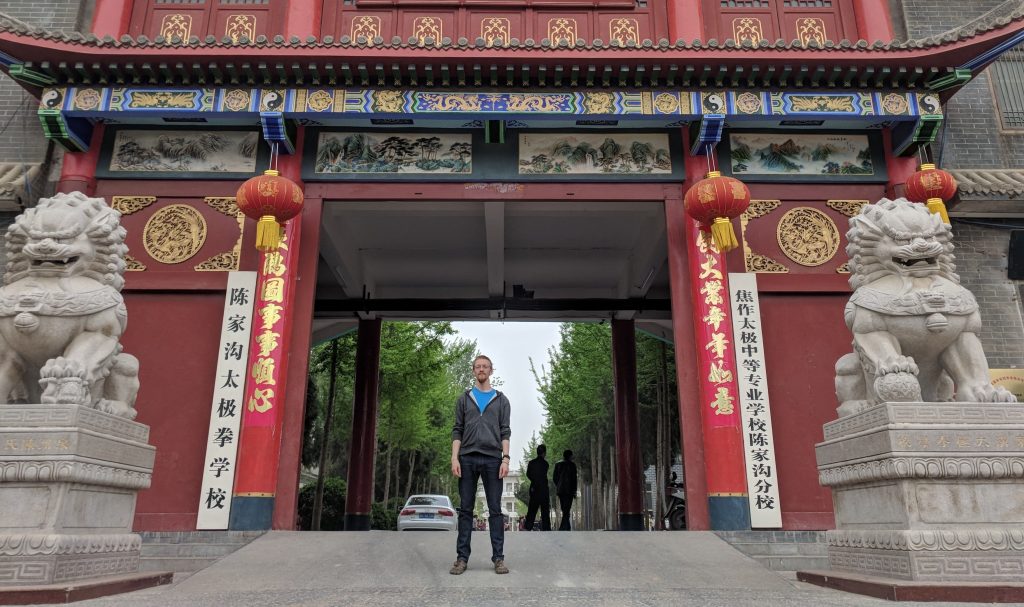
James Wheaton is a third year on-campus Ph.D. student and graduate teaching assistant in the systems engineering department.
Originally from Kentucky, he received his bachelor’s in mechanical engineering from Purdue University in 2011.
Wheaton is advised by Wade Troxell, associate professor in mechanical engineering.
What is the focus of your research?
My self-elected research focus is about using model-based systems engineering and other formal methods to design a computing system and cyberspace architecture from first principles in order to resolve prevailing architectural flaws that result in blooming complexity, security vulnerabilities, wasted energy usage, privacy and usability problems.
How do you implement systems-thinking in your life/job?
Systems thinking helps me make sense of our modern complex world. It allows me to develop an intuition about global issues and trends and how my research fits into that whole maelstrom. It opens the door for me to become an expert generalist, matching my natural tendency to synthesize many topics into my own understanding and invention.
What do you like to do when you aren’t working/taking classes?
I like to play the ancient board game, Go. You might have heard of it because of Google’s recent AlphaGo AI. After discovering it, I gave up chess! I also like to tinker on personal programming projects – tools to help me stay organized.
I try to keep my mind and body fit with meditation and Chen taijiquan (“tai chi”, Chinese boxing) but I have to admit I’ve been slacking in this pandemic. Usual outdoor activities include skateboarding, bicycling, motorcycling, hiking, and walking my chocolate Labrador Retriever in the park.
Who inspires you?
Buckminster Fuller has been a big inspiration for me. He thinks big, at universe- or Earth-scale, and uses systems thinking to connect that to something locally actionable. Other systems thinkers who inspired me are Peter Senge and Donella Meadows. They showed me how systems thinking moves into and transforms the workplace/organizations and that doesn’t always mean mathematical modeling is required to make an impact.